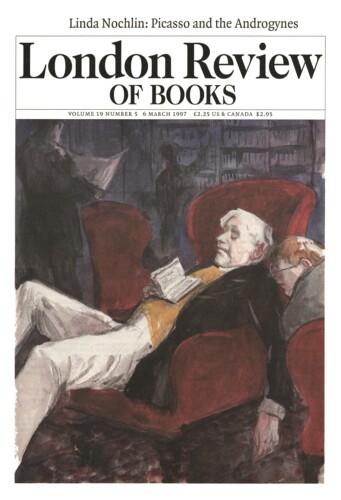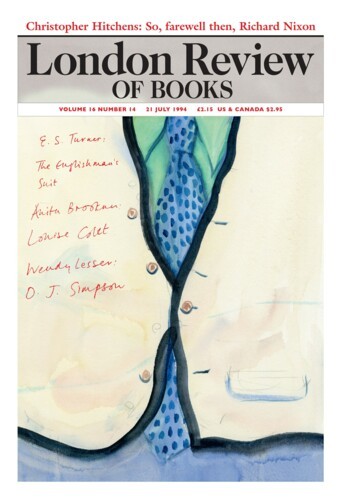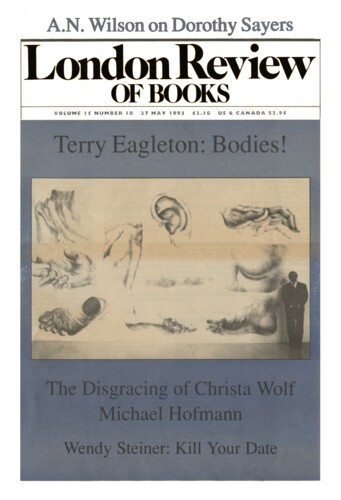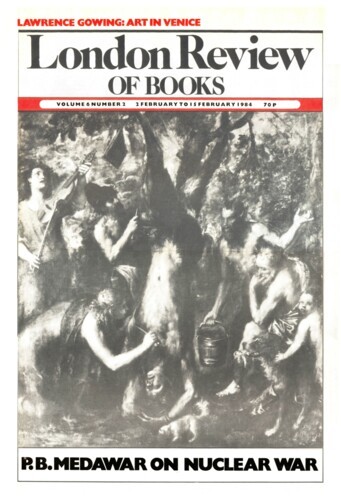Love: popular music, schmaltzy tunes, have always told us this was what Paris was for. But ‘en France maintenant, les intellectuels ne baisent pas,’ says Lucienne. She has four children by her French professor husband, nevertheless, and one by her English lover, and leads a busy commuting life. Husband and lover are friends and child care is shared. Is this the new pattern of life for the once so bourgeoise Parisienne who spent her time boiling up bones for stock and squeezing fruit in the market? ‘I’ll suggest it to my husband, but I don’t think he’d be keen,’ says my train acquaintance Josette; nevertheless, she is radiantly travelling back from a solo package weekend in Venice, leaving three teenagers with her husband. Liberation of varying degrees is under way among Parisian women. But it seems there is a Sloane Ranger stratum as well. The Figaro carries a piece about jeunes filles. At a ball they wear white tulle from couture houses to dance with uniformed boys from the Polytechnique. Bridge lessons, single-string pearls, Maman’s cocktail parties, engraved invitations, an engagement ring by 20 at all costs. The difference now, says the writer, is that the plain ones are not content to retire with their embroidery: they go in there and fight and win.
Love: popular music, schmaltzy tunes, have always told us this was what Paris was for. But ‘en France maintenant, les intellectuels ne baisent pas,’ says Lucienne. She has four...





